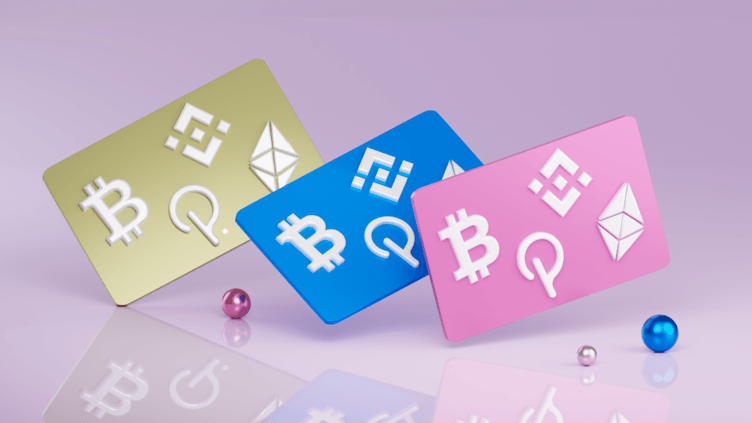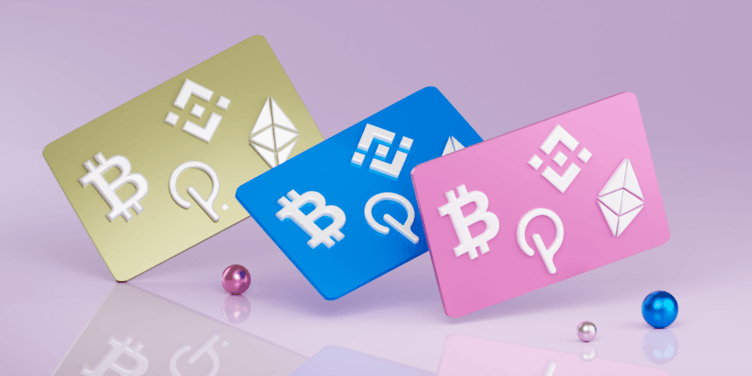In the ever-evolving landscape of cryptocurrency and Web3, traditional payment systems are being challenged by innovative solutions that offer increased security and user control. Non-custodial debit cards, powered by escrow smart contracts, have emerged as a groundbreaking development in this realm. In this article, we will delve into how these cards are transforming the future of payments, the role of solutions like OffBlocks in simplifying their implementation, and the broader implications for the adoption of Web3 and non-custodial finance.
The Evolution of Payments: A Paradigm Shift
For years, the world of finance has been dominated by custodial payment systems, where users surrender control of their funds to intermediaries like banks. However, with the advent of blockchain technology and smart contracts, a paradigm shift is underway. Non-custodial debit cards are at the forefront of this shift, enabling users to retain control over their assets until payment confirmation.
Leveraging Escrow Smart Contracts for Self-Custody
Non-custodial debit cards rely on escrow smart contracts to preserve self-custody. Here's how it works:
-
User Initiates Payment: When a user wants to make a payment using their non-custodial debit card, the funds are placed in an escrow smart contract.
-
Confirmation Process: The smart contract holds the funds until the payment recipient confirms receipt, ensuring trust in the transaction.
-
User Regains Control: If the payment is not confirmed or there's an issue, the user retains control of their funds, preventing unauthorized or erroneous transactions.
This process not only enhances security but also eliminates the need for traditional custodians, reducing the risk of hacks and fraud.
OffBlocks: Simplifying Non-Custodial Debit Card Implementation
OffBlocks plays a crucial role in making non-custodial debit cards more accessible for wallet developers. Here's how:
-
Developer-Friendly Tools: OffBlocks provides developers with user-friendly tools and APIs, simplifying the integration of non-custodial debit card functionality into their wallets.
-
Seamless User Experience: The platform ensures a seamless user experience by handling the complexities of escrow smart contracts in the background, making it easy for users to make non-custodial payments.
-
Security and Reliability: OffBlocks prioritizes security and reliability, instilling confidence in both developers and end-users.
The Web3 Revolution: Non-Custodial Finance and Payments
Non-custodial debit cards are not just a technological innovation; they are a catalyst for the broader adoption of Web3. Here's how they contribute:
-
Empowering Individuals: Non-custodial solutions empower individuals by giving them control over their finances, aligning with the ethos of Web3.
-
Trust in Decentralization: These cards promote trust in decentralized systems, fostering the growth self-custodial wallets and DeFi (Decentralized Finance)
-
Global Accessibility: Web3 payments are accessible to anyone with an internet connection, irrespective of their location or traditional banking infrastructure.
Conclusion: The Future Is Non-Custodial
In a world where data breaches and financial intermediaries have eroded trust, non-custodial debit cards offer a glimpse into a more secure and user-centric future. Escrow smart contracts, like those used by OffBlocks, are the backbone of this transformation, enabling users to enjoy the benefits of self-custody without compromising on convenience. As we march into the Web3 era, non-custodial finance and payments are set to be the driving force behind the adoption of decentralized technologies, reshaping the way we transact and interact with the digital world.
The future of payments is non-custodial, and it's an exciting future indeed.

